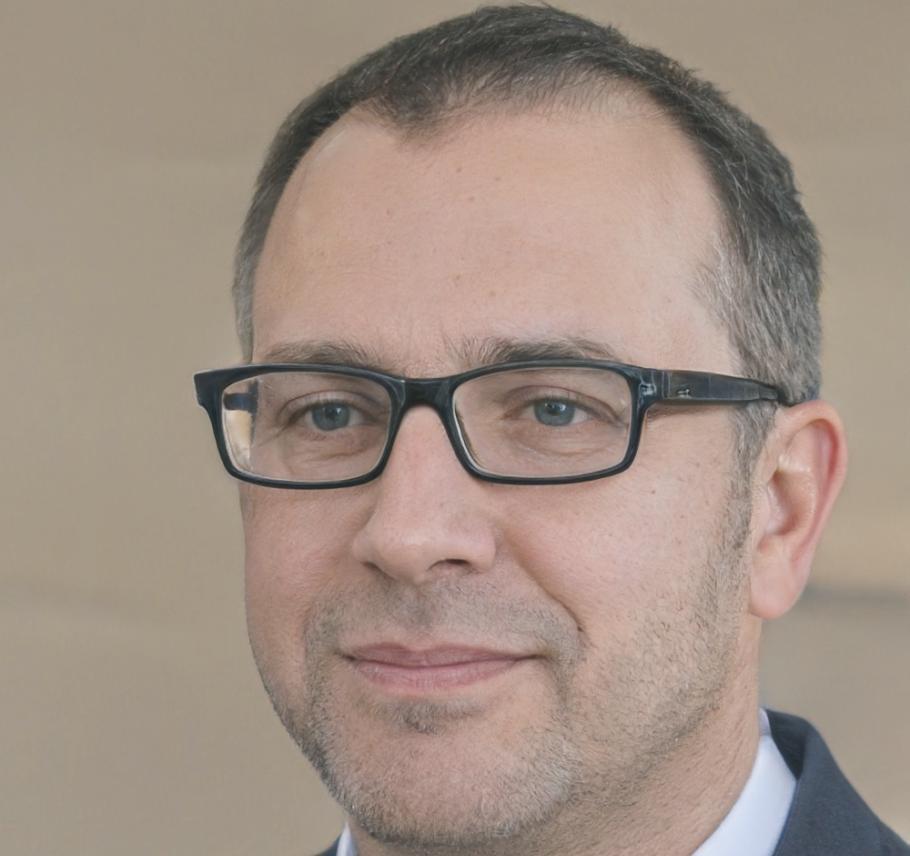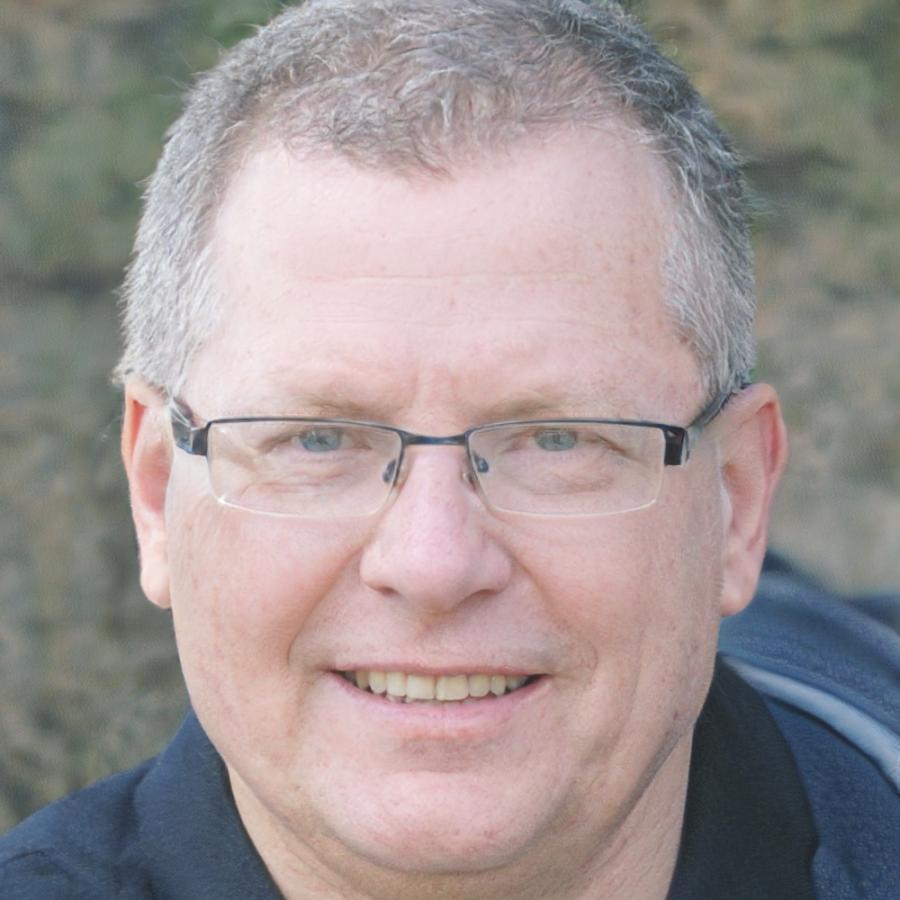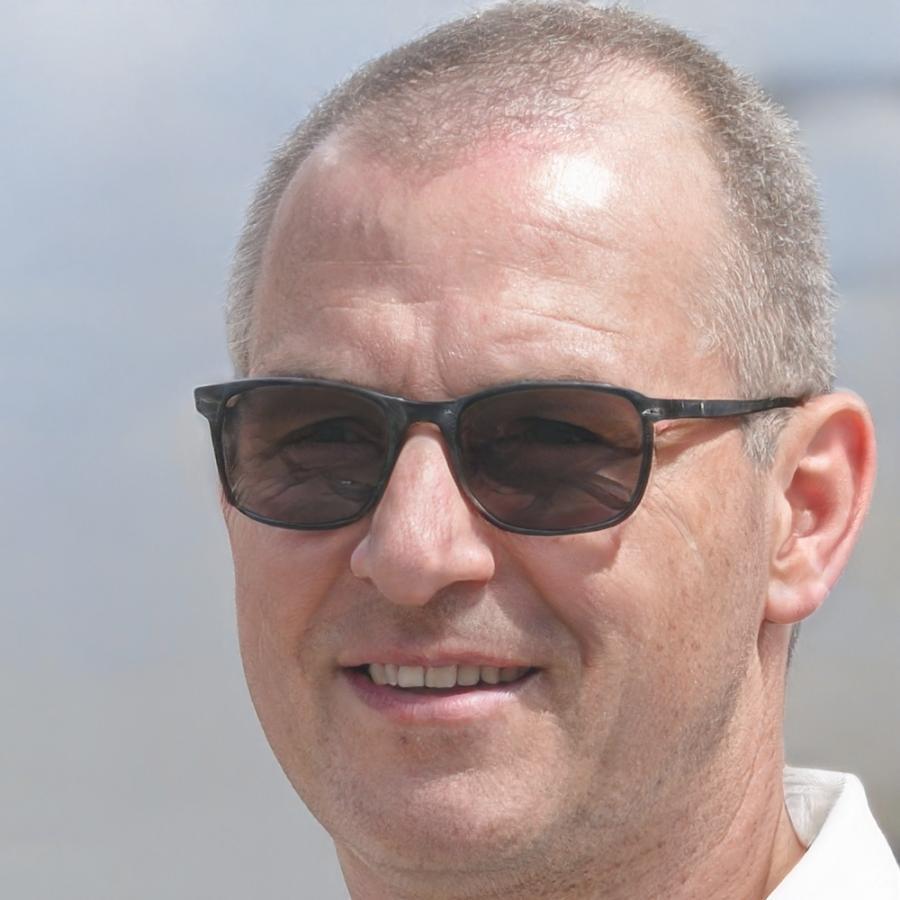Corporate Finance Analyst Training
We built this program after working with dozens of analysts who felt stuck. They knew Excel, but boardrooms made them nervous. They understood numbers, but struggled to tell the story behind them. Sound familiar?

How We Got Here
GlowlyBond started in 2019 when three of us left investment banking. We were tired of watching talented people struggle with gaps nobody talked about.
The Beginning in Hanoi
Started with eight participants in a borrowed conference room. No fancy setup, just real conversations about what actually matters in finance roles. Half our first group came from non-finance backgrounds, which taught us more than any textbook.
Expanding to Ho Chi Minh City
Opened our second location after companies kept asking if we could train their southern teams. By this point, we'd learned that case studies beat theory every time. Also learned that Friday evening sessions were a terrible idea—nobody absorbs NPV calculations when they're thinking about weekend plans.
Corporate Partnerships
Partnered with twelve Vietnamese companies to design training that matched their actual needs. Turns out what works for a manufacturing CFO doesn't always work for tech startups. We stopped trying to create one-size-fits-all content and started customizing everything.
Industry Recognition
Vietnam Finance Association invited us to present our approach at their annual conference. Honestly, we were surprised—our methods aren't revolutionary, just practical. But apparently that's rare enough to be noteworthy.
What's Next
Launching specialized tracks for different sectors this September. Banking needs different skills than manufacturing, and our previous approach missed that. We're also experimenting with peer learning groups—sometimes the best insights come from people facing the same challenges you are.
Who Teaches This Stuff
These three have been with us since the start. Each brings something different, which is exactly why the program works. We don't believe in the "guru" approach—real learning happens through conversation, not lectures.

Quinn Mercer
Valuation Specialist
Spent eleven years doing M&A deals before realizing he preferred teaching to dealmaking. Quinn's superpower is explaining DCF models without making your eyes glaze over. He's also obsessed with Vietnamese coffee and will talk your ear off about it if you let him.

Dexter Voss
Financial Modeling Lead
Former equity research analyst who got tired of 80-hour weeks. Dexter builds models that actually make sense to non-finance people, which is harder than it sounds. He's particularly good at spotting the small mistakes that cascade into big problems later.

Ryland Sayers
Corporate Strategy Instructor
Worked in corporate development for a Vietnamese conglomerate before joining us. Ryland focuses on the human side of finance—how to present findings without putting executives to sleep, how to handle pushback on your analysis, that kind of thing. Also makes terrible puns, fair warning.
How It Actually Works
The next cohort starts in September 2025. We cap groups at sixteen people because quality discussions need manageable numbers.
Real Case Studies
We use actual scenarios from Vietnamese companies—with permission and anonymized details. You'll work through messy data, incomplete information, and tight deadlines. Just like your job.
Small Group Sessions
Tuesday and Thursday evenings, 6:30 to 9:00 PM. Yes, that's after work. We tried weekend sessions but people needed their Saturdays back. Sessions are discussion-heavy—if you want to sit quietly in the back, this probably isn't for you.
Peer Learning Networks
About half the value comes from other participants. You'll work in rotating teams, which means building relationships across industries. Several past participants now regularly consult each other when they're stuck on problems.
Flexible Pacing
Core program runs twelve weeks, but you can extend if needed. Life happens—we've had people pause for family emergencies, work crises, or just needing a break. No judgment, just figure out what works.
Interested in Joining?
September cohort applications open June 2025. We'll want to chat with you first—not an interrogation, just making sure this matches what you need.
Get in Touch